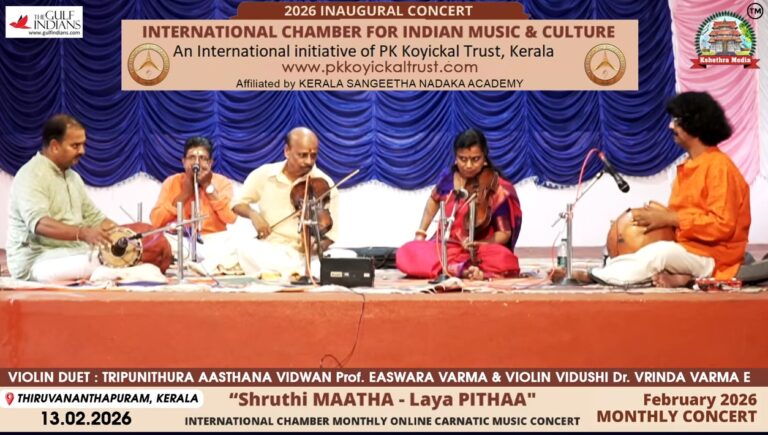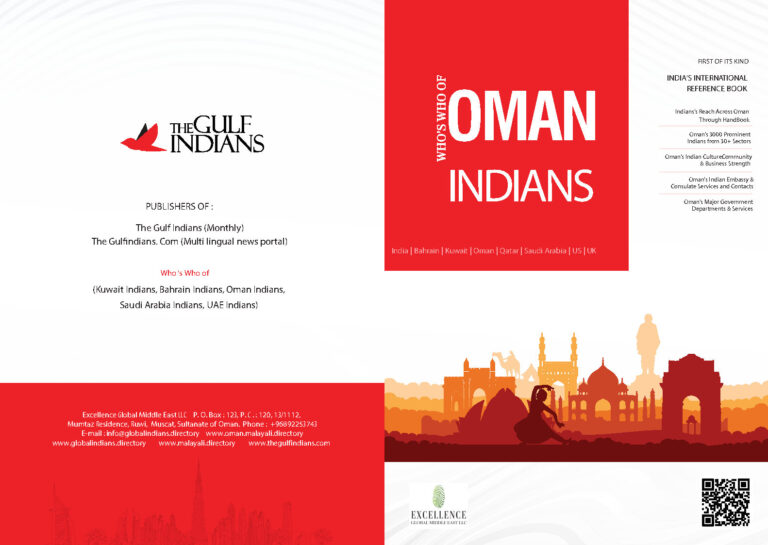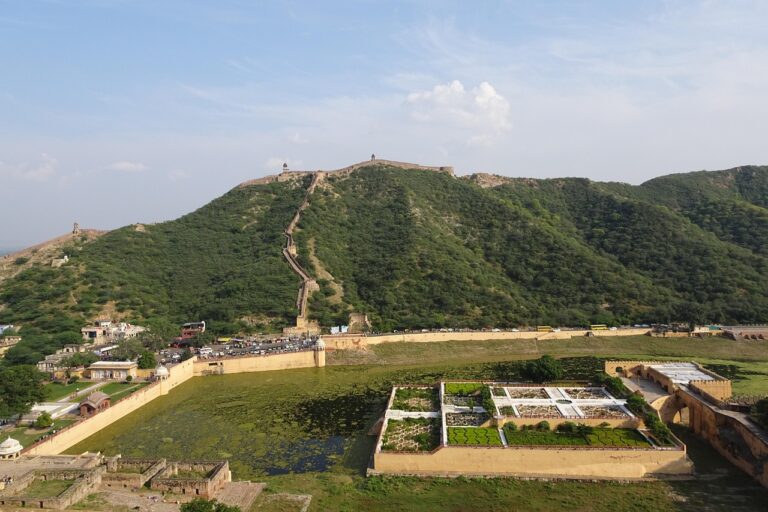Saudi Arabia has officially passed a new law allowing foreign investors to acquire property in the Kingdom — a significant move aimed at attracting global capital into its booming real estate sector. However, specific rules and guidelines must be followed to take full advantage of the opportunity.
The Real Estate General Authority will soon identify the areas eligible for foreign investment, expected to include high-demand locations such as Riyadh and Jeddah.
“Detailed executive regulations will be made public within six months via the ‘Istitlaa’ platform for public feedback,” said Naveen Sharma, Chairman of the Taxation Society.
Investment Hotspots and Demand
Recent off-plan launches in the Kingdom, including high-end developments like the Trump Tower in Jeddah, have attracted strong interest from domestic investors. Two additional Trump-branded projects, including one potentially in Riyadh, are expected to follow.
According to real estate experts, two main categories of foreign investors are likely to be drawn to Saudi Arabia’s market:
- GCC-based business owners seeking a permanent base in the Kingdom.
- Global investors seeking long-term returns from a growing real estate market expected to perform strongly over the next 5–10 years.
What Foreign Investors Must Know
- Residency Requirements: Previously, a valid residency permit (Iqama) was required for foreigners to buy residential property.
But under the 2025 reforms, non-resident foreigners can now invest in major Vision 2030 projects such as NEOM and the Red Sea Project—provided they meet the minimum investment thresholds. - Property Limits: Foreign individuals can own only one residential property at a time. They must sell the existing property before buying another.
- Land Restrictions: Foreigners are not permitted to buy undeveloped land for speculation. However, they can acquire land in Special Economic Zones (SEZs) like NEOM for large-scale development projects worth SAR 30 million or more.
- Development Timeframe: Large-scale foreign property projects must be developed within five years of purchase.
- No Residency Guarantee: Buying property does not grant residency rights. Foreigners seeking premium residency (Saudi Arabia’s version of a “green card”) must invest at least SAR 800,000 as a one-time fee or qualify through special status.
Tax and Fees Overview
- Real Estate Transaction Tax (RETT): 5%
- White Land Tax: 2.5%
- VAT on commercial leases: 15%
Property transfers must be officially registered with authorities — typically through the Notary Public or electronic title registry. Administrative fees are modest, with title deed registration often costing around 1% of the property’s value, usually paid by the buyer.
Special Economic Zones Offer Flexibility
“Saudi Arabia’s Special Economic Zones (SEZs) offer a more flexible regulatory framework for international investors,” Sharma added. These zones are designed to facilitate foreign participation through streamlined processes, reduced red tape, and potentially more relaxed ownership conditions — all depending on project-specific policies.
With this legislative reform, Saudi Arabia is positioning itself as a major global investment destination in the real estate sector, aligning with its broader Vision 2030 goals of economic diversification and international collaboration.












